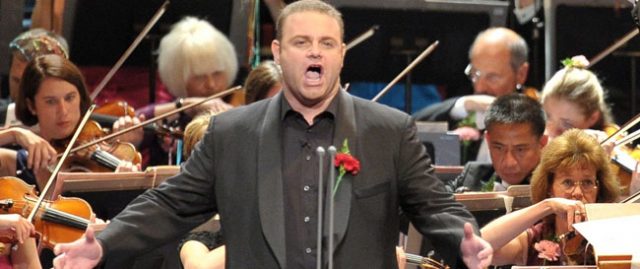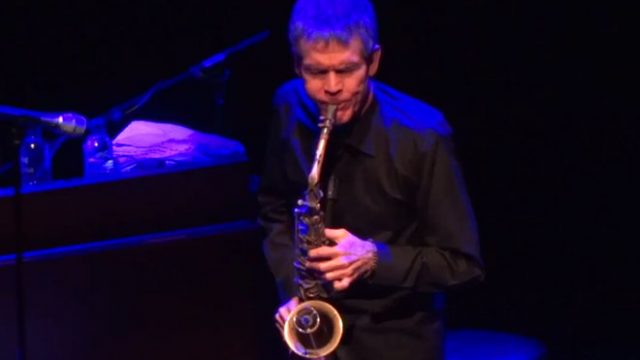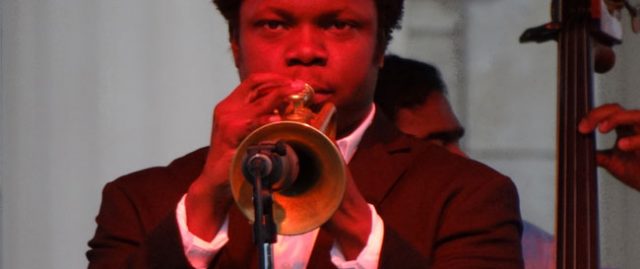Musician’s revenues from recording in Los Angeles have fallen to a 15-year low.
According to a new report funded by the American Federation of Musicians (AFM), recording wages in the City of Angels stood at $50 million in 1998. As of 2013, that number has dropped by a shocking 68% to $15.5 million.
With Hollywood producing a greater volume of films than ever before, many of them necessitating original scores and musicians to record them, where exactly has all this studio work gone?
Mostly to London and Eastern Europe, according to Variety. Film and TV scores are much cheaper to record in some European locations, partly because musicians wages are lower in some cities, such as Prague, Czech Republic. However, the added draw for budget-conscious productions is more relaxed payment terms when films are sold on secondary markets.
Under the collective bargaining agreements in place at most American musicians unions, producers are required to make additional payments to performers if their work appears in other markets, such as television reruns, Netflix, or DVD/Blu-Ray. Most Eastern European musicians make no such provision, allowing producers greater flexibility in how they sell their productions.
This is usually part of a “buyout” clause, where musicians are paid a premium over their usual session rates to buy all the rights to the recordings without any obligation to pay residuals in the future. This is an attractive prospect for many productions, particularly online features; however, it is banned by most U.S. musicians unions.
Online production company RocketJump describe the process of recording music with an international orchestra.
The internet has made it easier than ever to work with musicians from anywhere in the world. It is becoming increasingly common for producers to work with a local composer to write and arrange a score, which is then sent to a foreign orchestra that will rehearse and perform for the composer and producers via a live video link before recording their work.
This has also opened up new opportunities for producers to seek out more diverse performers, such as those found in cities like London, England; and more specialist classical performers such as those more readily found in cities like Munich, Germany.
The Musicians Union of Hollywood’s newly appointed president John Acosta accepts that “change needs to happen” and acknowledges there is an internal rift between union bosses and the musicians of the union, who carry out much of Hollywood’s TV and Film work.
For some musicians, residuals can be essential to making ends meed. However, for others that do not get regular work, restrictive payment terms on residuals are sending their work overseas and preventing them from making a living.











Have your say! Leave a comment below: